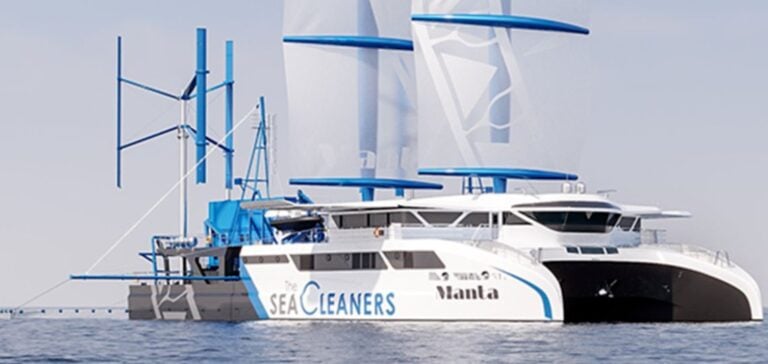Finland recently launched an urgent appeal to the EU (European Union) for the acquisition of a dedicated oil spill response vessel for the Baltic Sea. This initiative was prompted by the growing risk of oil spills due to the increasing use of older, less well-insured Russian tankers. Since the introduction of international sanctions, Russia has been forced to transport its oil with older vessels, often with opaque ownership and lacking adequate insurance cover. These conditions exacerbate the risk of spills, particularly in the Gulf of Finland, a crucial seaway bordered by Finland and Estonia.
The Russian Oil Tanker Route
Every week, around 70 tankers, each carrying over 100,000 tonnes of crude oil, sail into the Gulf of Finland after being loaded in Russian ports such as Primorsk, Ust-Luga, Vyssotsk and St Petersburg. The high concentration of used tankers on this route increases the likelihood of leaks and spills, especially in winter, when ice conditions further complicate navigation. At present, the European Maritime Safety Agency (EMSA) has only one pollution control vessel in the Baltic Sea, stationed in its southern part. This limited capacity is deemed insufficient by the Finnish authorities, who are calling for the EMSA fleet to be strengthened with an additional ice-capable vessel adapted to the harsh conditions of the northern Baltic Sea.
Increased winter risks
Winter conditions increase the risk of pollution from Russian tankers, which are often ill-suited to navigating in icy waters. The joint statement from the Ministry of Transport and Communications, the Finnish Transport and Communications Agency and the Finnish Coast Guard emphasizes that these obsolete vessels pose a significant environmental hazard. Finland proposes that EMSA launch a procurement procedure for the acquisition of this reserve vessel. The aim of this initiative is to strengthen Europe’s ability to respond to potential ecological disasters in the region. The aim is to prevent oil spills and protect the fragile ecosystem of the Baltic Sea, threatened by Russian oil transport activities.
Finland’s request for a European intervention vessel highlights the growing environmental risks associated with Russian oil transport in the Baltic Sea. With the increase in international sanctions, old Russian tankers represent an increasingly pressing threat to European waters. A proactive response from the European Union, through the acquisition of suitable vessels, could not only prevent environmental disasters, but also enhance maritime safety in this strategic region.






















